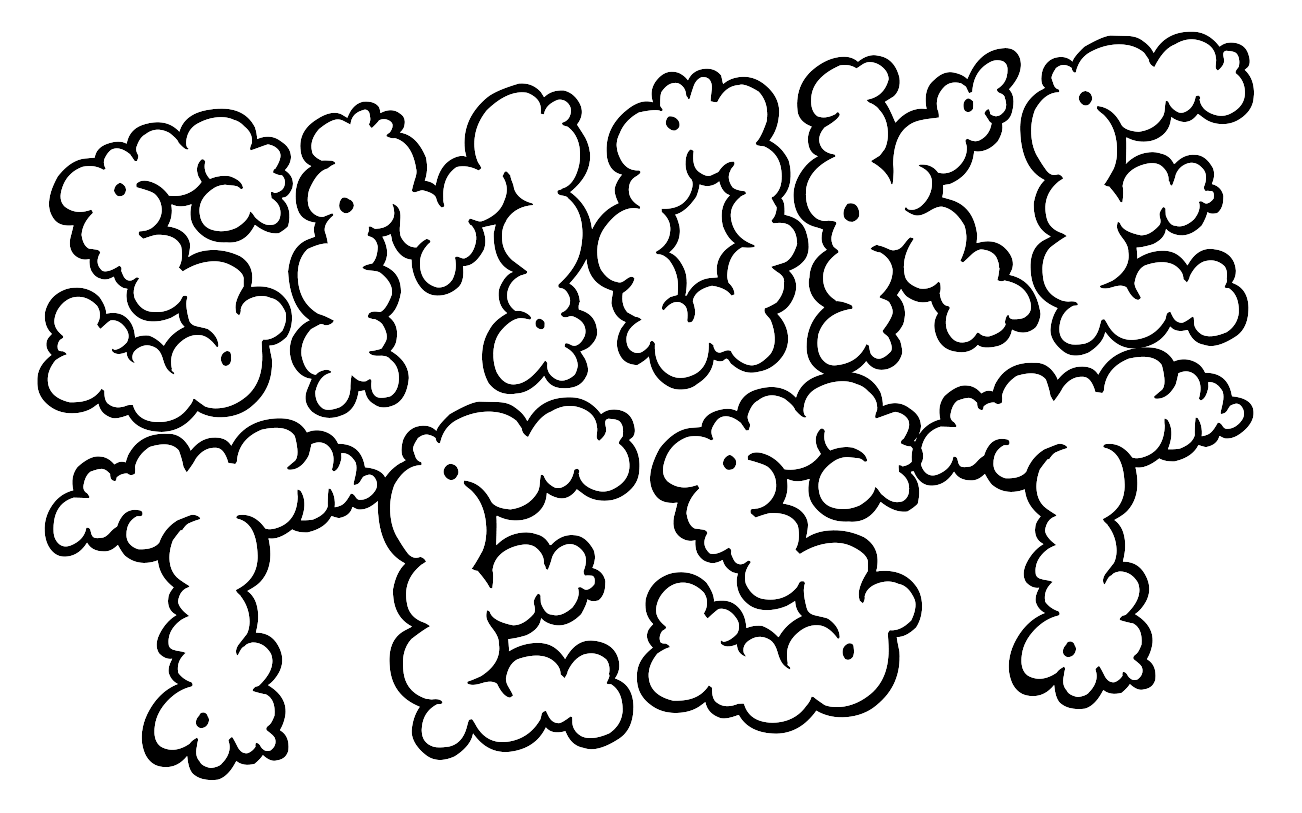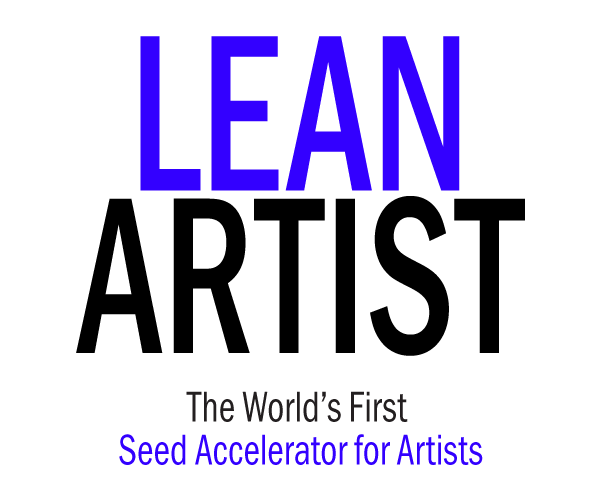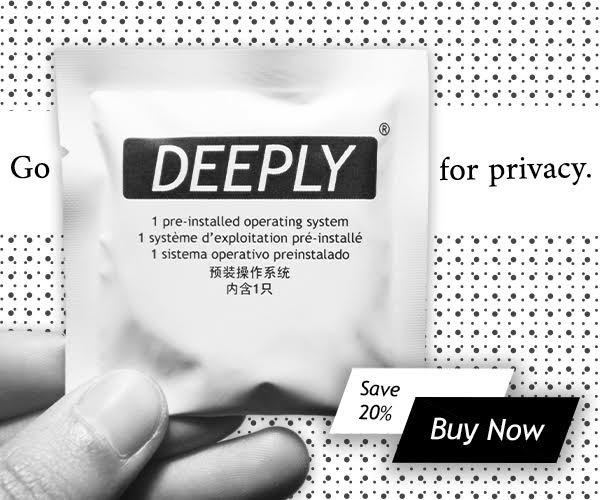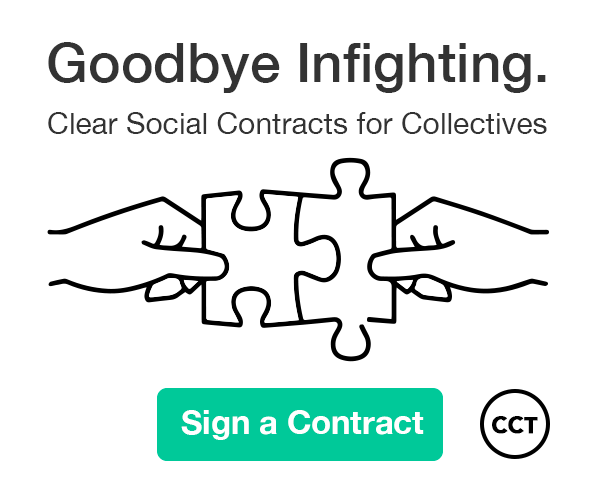
Late last year I was asked to imagine a workshop for A/D/A, a new festival in Hamburg Germany examining the creative city through the lens of a series of artist run workshops. Rather than put together a one off workshop I sought to found the world’s first startup accelerator for artists. Startup accelerators, also known as seed accelerators, are fixed-term, cohort-based programs, that include mentorship and educational mentorships that usually culminate in a public pitch event or demo day for investors.
Hamburg, like many small post industrial cities, is searching for it’s next big thing. For many community leaders lost adrift amid churning economic seas, california’s Startup Culture is a beacon of hope. In the last decade cities around the world have scrambled to create and subsidize the conditions that might spawn their own Startup Culture. Along the way they’ve also left behind, and certain cases misappropriated funds that would have supported artists working to create “Culture” culture. You know, art, music, dance, experimental noise installations etc. Much of the culture cities were once focused on nurturing has been replaced by an entrepreneurial culture built on venture capital and twenty something software founders. Incubators, Accelerators, Bootcamps, Agile Sprints, Quick Wins and Low Hanging Fruit have all crept into our collective vocabulary. Where galleries and concert venues once stood, corridors of creative clusters have popped-up, filled with co-working spaces where espresso’d millennials hustle to disrupt each other.
I’ve personally worked part time at a successful startup in Toronto for almost a decade. It has been a phenomenal experience. I’ve learned more than I can possibly recount alongside amazing diverse supportive individuals, and I’ve prospered more than I ever thought possible. Throughout this time I’ve also worked as an artist. As an artist my experience has been nearly opposite to my life in startups. As my skills, networks and fame have grown my financial success has long since plateaued. In nearly every year of my ten years since graduating from my MFA my income as an artist has never exceeded $20,000. This isn’t surprising given that internationally, artists make on average less than $10,000 USD a year. In the last decade most of Europe has significantly defunded the arts, in many cases by as much as fifty percent and in the United States where funding is already bereft, Trump recently proposed eliminating what remains of the National Endowment for the Arts.
Perhaps we should just accept that startup culture is now just everyday culture. Where our parents lived in a world of the Beatles and Free Love, we live in a world of Amazon and Free Shipping. Unfortunately, Startup Culture, flying high on the wings of a self proclaimed meritocracy and a record 65 billion dollars in venture capital investment last year, has also become well known for social transgressions. Mysogony, racism mixed with a politic of libertarian anti-government values and growth at all costs now characterize the valley. How did such bad people do so well? In many ways, they have prospered the way all great cultures do, by supporting each other. Specifically by mentoring and supporting young startups in accelerators like Y-Combinator, an organization that has launched many of the largest household names in technology. By joining an accelerator you get a small amount of money and a large amount of support in the form of mentorship. Accelerators are effective because they teach startups how to innovate consistently without waste. Specifically for over a decade they have had great success teaching Lean methodologies, a group of bottom-up management methods that emerged out of Japan in the 1980s to help automakers like Toyota iteratively increase quality and decrease risk. In startups Lean operates primarily in the form of a cycle called Build, Measure, Learn. Key assumptions are built into rapid prototypes that are quickly tested with customers. After learning what assumptions were incorrect an improved version modeled on refined assumptions is built and the cycle repeats until a product is fully validated (all assumptions are proved infallible.)
Working in startups I’ve also learned these methods, in many cases I’ve pushed for them, they can be incredibly effective tools for building confidence without spending a lot of time and money. In late 2016 I asked myself, why am I keeping this knowledge to myself and why am I hiding these tools from fellow artists, many of whom are much more empathetic than your average San Francisco tech-bro. I began speculating that the right people with the right skills could transform startup culture from a wasteland of rape and corruption into a utopia of social progress and peer support. Maybe startup culture could be real culture after all.
Borrowing from one of the tech industry's most cooperative and uniting concepts, late last year I founded Lean Artist, an accelerator that offers a small amount of funding along with expert mentorship from startup leaders and art world heroes to empower artists to run their own culturally disruptive startups. Using the same Lean methods of top silicon valley startups, our first cohort conceived of ten beautiful non-exploitative companies, from a not for profit focused on creating a creative commons for volunteer labour, to a jewelry brand that makes stylish wearables that auto-report sexual harassment.
At the conclusion of a four day boot camp in Hamburg I continued working actively with 5 of these artists to develop their concepts further. The first step for any startup after validating that they’ve uncovered a problem worth solving is proving product market fit. To do this, startups often release very early versions of their products, sometimes as little as a google ad and a marketing landing page. By observing customer reactions to these early prototypes founders quickly learn where they need to make adjustments before they over-invest in software development costs.
For Anthologies I have assembled these early marketing artifacts and test results along with artifacts from the lean processes that produced them. As an audience I encourage you to help these artists continue this validation process. Obviously you have arrived here expecting an artworld context, so you may chose to evaluate each startup concept as a critical artwork but I also encourage you to consider each product as a potential customer, as an individual seeking to make progress in the world. A world of artists running successful startups might seem unlikely, but I’m not the only one thinking this way, author and artist Astra Taylor suggests in her book The People’s Platform that artists should take back control of the platforms upon “which all of us create, consume, and connect.” and in his book Uber Worked and Underpaid Trebor Scholz proposes platform cooperativism as a model in which not for profits own the means of production on the internet. Scholz believes proletariat producers should own the platforms upon which they create value, not the tech-bro bourgeoisie. In fact, some startups are already prospering using this model. Stocksy is a stock photography site entirely owned by photographers and Ride Austin is an uber like taxi service owned by its drivers - both have demonstrated early success.
Finally, I’m confident I’ll be wrong about much of what I and the included artists have proposed here but I’ve also learned to believe one of the core tenants of startup culture, “fail fast, fail often.” As an artist I’ve learned enough about failure to embrace the potential that thinking differently might finally bring us all greater success.
– Jeremy Bailey, Famous New Media Artist



